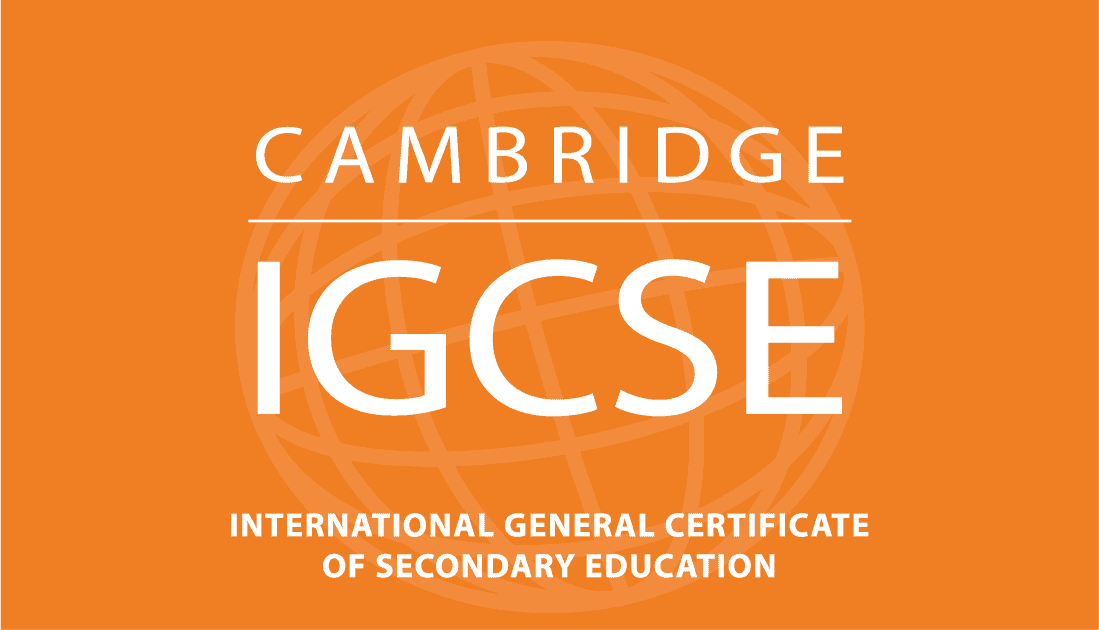Environmental education can help us connect to the world around us. It teaches us about both the built and natural environment. EE also raises awareness about problems that impact the environment. It also tells us about ways to improve and sustain it.
Whether we take students outside to learn or bring nature to the class; EE has so many benefits for youth. It can turn them into responsible adults of tomorrow.
This article will help you understand the importance and benefits of environmental education. We will understand why it should be part of their curriculum. Continue reading to know more-
- Opening Your Child’s Eyes to the World Around Them
When children are taught about the environment in school; they do more than just remain seated at their desks. They step outdoors to make contact with leaves and observe insects. They experience soil pressing against their fingers. This practical method transforms the learning experience. Your child will begin to observe the world in a new manner. They might notice birds in your garden or plants sprouting from crack lines on sidewalks. This knowledge creates a strong bond with the natural world. Children start to notice more about the life that surrounds them. Before you know it, they will start showing you things which were unnoticed by you before.
- Boosting Your Child’s Health and Happiness
Spending time in nature makes kids healthier and happier. When international school in Cambodia teach outdoors, your child gets fresh air. They will move their body. This helps them sleep better at night. They can focus more during the day too. Being in nature lowers stress and lifts mood. Your child might come home with a big smile. They will be eager to tell you about the cool leaf they found. Or they could describe a funny bird they watched. Their excitement about nature will be clear in their voice and eyes.
- Helping Your Child Think Like a Scientist
Environmental education teaches more than just facts. It teaches kids to ask questions and find answers. Your child will start wondering why things happen. They will think about different ways to solve problems. This critical thinking helps in all parts of life. They will get better at figuring things out on their own. Your child might start asking you thoughtful questions about how things work. Their curious minds will tackle bigger challenges as they grow.
- Making Your Child a Better Citizen
As your child learns about nature, they will see how their actions affect the world. They might use less water when brushing their teeth. Or they could remember to turn off lights when leaving a room. These little choices add up to big changes. Your child will feel better knowing they make a difference. This sense of duty will grow with them. They will become more thoughtful about how they live.
- Preparing Your Child for the Future Job Market
The world changes fast and waits for no one. Green jobs are growing. Learning about these topics now gets your child ready for future work. They might get interested in clean energy or farming. They may want to protect wildlife when they grow up. Even if they choose another path, the skills they learn will help. Problem-solving and seeing how systems work matter in any job. Your child will have more options because of what they learn now.
- Improving Your Child’s Academic Performance
Environmental education helps kids do better in other subjects too. When learning about nature, they practice math and writing. They might measure how plants grow. They could read about different habitats. Maybe they’ll write about what they discover. This approach boosts overall school success. You might notice your child bringing home better grades in science and other classes.
- Grows Your Child’s Creativity
Nature is full of wonders that spark the imagination. Many nature lessons include art projects. Your child might draw leaf patterns they observe. They could make sculptures using sticks and stones. This mix of science and art helps kids see beauty everywhere. It gives them new ways to express themselves. It can help during the admission procedure in schools.
- Building Your Child’s Social Skills
Many outdoor activities involve teamwork. Your child might plant a garden with classmates. They could clean up a local park together. These experiences teach them to work with others. They learn to talk through problems and find solutions as a group. These social skills matter throughout life. Your child will get better at sharing ideas. They will learn the power of working together toward a common goal.
- Connecting Your Child to Their Community
Environmental projects often help the local area. Your child might join a community garden effort. They could take part in protecting a nearby natural space. This gives them a sense of belonging. It shows them how they can improve their neighborhood. Your child will feel more connected to where you live. They will take pride in making their community better.
To conclude
The above ways are how environmental education can shape your child’s future. We have explained what is the scope of environment education. It helps them grow healthier and smarter. They become more creative and responsible people. You should support them in environmental education. This way, you give your child tools to succeed in a changing world. Isn’t that what you want for them? The benefits touch every part of their development. Your child will thank you someday for encouraging their connection with the natural world. Their understanding of nature now creates a better world for their tomorrow.


























